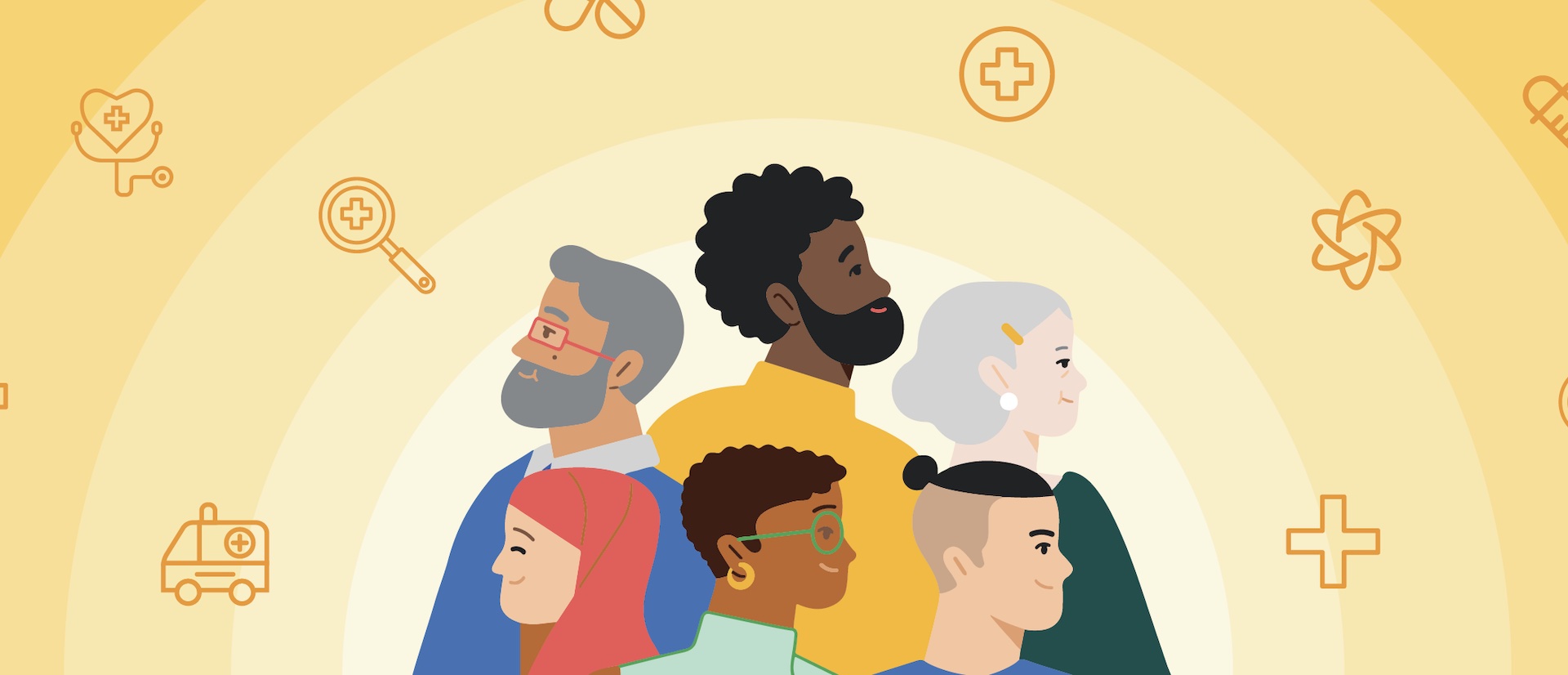PROMOTED CONTENT: Google: AI’s transformative potential to improve global health equity
The new capabilities of the current generation of AI models is opening exciting opportunities to bring high-quality, equitable, and socially beneficial health on a planetary scale
Technology has the potential to advance health for everyone, everywhere. But reaching this ambitious goal requires that we be both bold and responsible – bold enough to envision a world where digital tools contribute to improved health for all; responsible by working collectively with communities, governments and the private sector to develop solutions that are effective, inclusive and equitable.
And while technology can bring many benefits, it can also exacerbate inequities in ways that none of us would want. This is why health equity is at the centre of our work to build for everyone, everywhere and not just some people in some places. Anchoring in equity is integral to our bold vision to address health challenges aligned with the UN Sustainable Development Goals. At Google, we have invested in tools to address what we call the four Ms: mental health, metabolic diseases, malignancy and maternal health.
We have long believed that information is a determinant of health – that access to high-quality information contributes to equitable health outcomes. This is particularly true for mental health where the right information at the right time can save lives. Through Search and YouTube, we are working with the World Health Organization to raise authoritative health content, with YouTube partners to reduce the stigma associated with mental health challenges and with local organisations to connect users to resources during moments of crisis. For example, we recently launched a Spanish language version of clinically-validated mental health self-assessments in the U.S. on Google Search, increasing access for the second largest population of native speakers in the country.
With the help of artificial intelligence, we are building tools that provide personalised insights to people using Android, Pixel and Fitbit devices. Pairing machine learning algorithms with mobile sensors on phones and watches allows for the monitoring of irregular heart rhythms, heart rate and blood oxygen levels. These clinical signals can be relevant in people with metabolic diseases such as hypertension and diabetes. The insights enable patients to understand their personal health status and make data driven decisions with their medical providers.
Effective partnerships
While technical innovations are important, we recognise that the boldest achievements result from the most effective partnerships. In 2020, there were an estimated 685,000 deaths worldwide due to breast cancer,1 the most common malignancy for women. Early screening and diagnosis improves cancer outcomes by providing enhanced care at the earliest possible stage when treatments work best and more lives can be saved. In response, we partnered with iCAD, a global leader in breast cancer detection, to bring our mammography AI research model into clinical practice and make state-of-the-art screening available to millions of women around the world.
Partnerships are also at the centre of our maternal health collaboration with the OnTIME Consortium in Nigeria. For high-risk pregnancies, access to health facilities that perform caesarean sections can mean life or death for mother and child. Measuring distances to facilities on a map is easy, but these measurements do not represent a facility’s true accessibility. Road conditions, traffic and mode of transportation affect how quickly a woman in labour can reach emergency obstetrics care. We created a Google Maps–based tool to assess real-world travel time to EmOC so that local leaders could make more informed decisions for their communities.
Google has been developing AI products for more than two decades and using them to solve health challenges. The new capabilities of the current generation of
AI models are opening exciting opportunities to bring high-quality, equitable health on a planetary scale.
One example is Med-PaLM, a medically tuned generative AI model. Google Cloud customers are exploring ways to use the technology to improve medical research, assist clinicians and understand health information.
Being responsible in technology and AI is grounded in our AI Principles2, Google’s commitment to develop technology responsibly and work to establish specific applications areas we will not pursue. For health applications, we anchor ourselves in the adage: first, do no harm. Our AI principles take us one step further to solutions that are also socially beneficial.
Responsible AI should be a shared responsibility among companies, communities, clinicians and governments. We must all work together to put people at the centre of AI development and deployment, bringing the best thinking to ensure that our collective work is ethical, equitable and evidence based. To demonstrate our commitment to collaboration, Google helped to establish the Coalition for Health AI, a group from academia, the private sector and government created to promote the adoption of credible, fair and transparent health AI models.
Ensuring Equity
We believe that equitable health AI models require input from experts from diverse geographies, clinical disciplines, lived experiences and personal demographics. We are checking for bias in our data to ensure proper coverage of minority groups in training examples, assessing for bias in model design by adjudicating for quality and safety across a range of experts, and evaluating model output for bias during implementation.
Although technology will not reduce the global burden of disease, it will increase the ability of the global health community to address more health needs across more geographies. We at Google look forward to working collaboratively to reach the vision of a bold and responsible future for health. ▪
1. https://www.who.int/news-room/fact-sheets/detail/breast-cancer
2. https://ai.google/responsibility/principles/












